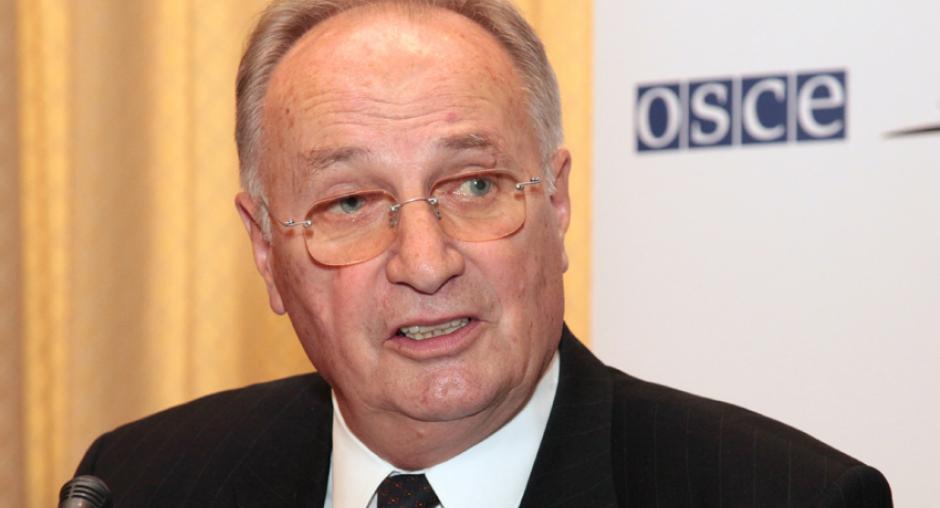Despite challenging circumstances, Kyrgyzstan's authorities succeeded in organizing peaceful referendum, OSCE observers say

BISHKEK, 28 June 2010 - Despite challenging circumstances, Kyrgyzstan's authorities succeeded in creating the necessary conditions for the conduct of a peaceful constitutional referendum, the observation mission deployed by the OSCE Office for Democratic Institutions and Human Rights (ODIHR) concluded in a statement issued today.
The statement also says that although there were evident shortcomings, the reported high turnout indicates citizens' resilience and desire to shape the future of their country.
"Considering the extremely difficult environment in which the referendum took place only weeks after the violence in Osh and Jalal-Abad, the provisional government and other authorities should be commended for organizing a remarkably peaceful process," said Ambassador Boris Frlec, head of the observation mission.
He added that immediate and resolute measures are required to build on the positive developments and remedy the observed flaws in the run-up to parliamentary elections scheduled for later this year.
"The citizens of Kyrgyzstan turned out in large numbers to vote for a new, democratic and peaceful future for their country. It is now up to all political forces to work together to improve the electoral framework ahead of the upcoming parliamentary elections and build a democratic society based on respect for human rights and the rule of law," Frlec said.
As a result of the conflict, preparations for the referendum were temporarily disrupted in the south of the country. While many poll workers had been displaced, the authorities succeeded in staffing all polling stations and opening them on referendum day. Efforts were made to enfranchise internally displaced voters who often had no identification papers. The pervasive atmosphere of fear and intimidation in parts of the south, compounded by arrests of prominent public figures of the Uzbek community, may have dissuaded some voters from casting their ballots.
The observers reported that in polling stations visited, voting proceeded orderly, although voters were not always checked for ink, an important safeguard against multiple voting. The counting and tabulation were assessed less positively, with commissions at times not being aware of procedures or not respecting them.
Overall, the election commissions administered the process in a largely transparent, collegiate and timely manner.
The legal framework is inconsistent and led to confusion. This included uncertainty over whether there is a minimum turnout requirement in place.
The campaign was low-profile, with most parties campaigning for a "yes" vote. A relatively pluralistic media environment offered the public wide coverage of the referendum, although public TV in its news coverage favoured the "yes" position.
